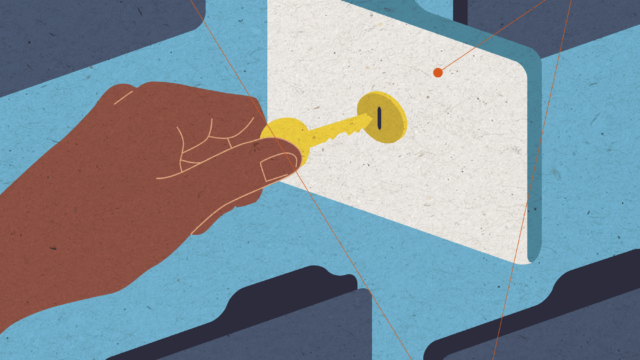EPIC & Public Justice Urge Appeals Court to Confirm That Plaintiffs May Sue When Companies Use Their Identities to Advertise
December 9, 2022

On December 5, EPIC and Public Justice filed an amicus brief in Martinez v. ZoomInfo Technologies, Inc., urging the Ninth Circuit Court of Appeals to affirm that plaintiffs can sue companies that violate people’s right to control how and when their identities are used to sell goods.
The case involves a plaintiff, Ms. Kim Martinez, who is suing the people-search site ZoomInfo for using her personal information without her consent to sell subscriptions to its site. Ms. Martinez argues that ZoomInfo committed the common law tort of misappropriation and violated her California statutory right of publicity, which is based on the common law tort. Recent Supreme Court cases TransUnion LLC v. Ramirez and Spokeo, Inc. v. Robins have made it harder for some plaintiffs to establish “standing” or the ability to bring a suit in court. These cases direct courts to look at whether the harm caused by the violation of a person’s right has a “close relationship” with a harm traditionally recognized by courts. The Supreme Court explicitly stated that the privacy torts, of which misappropriation is one, cause harms that confer standing. Despite that language, ZoomInfo argues that Ms. Martinez does not have standing to bring a lawsuit because, even if the company did violate the law, it did not harm Ms. Martinez in any way. The question in the appeal is what Ms. Martinez must allege to establish that she has been harmed.
Arguing in favor of Ms. Martinez, EPIC and Public Justice submitted an amicus brief explaining that plaintiffs who properly allege that a defendant has misappropriated their identity, either under the common law or a statute, have established standing because their privacy rights have been violated. EPIC noted that the Supreme Court specifically highlighted privacy torts as being ones that establish standing to sue. EPIC explained the history of the misappropriation tort and the harms it protects against, showing why Ms. Martinez did enough to establish standing.
EPIC regularly files amicus briefs in cases concerning individuals’ ability to establish standing so that they may sue in court.

Support Our Work
EPIC's work is funded by the support of individuals like you, who allow us to continue to protect privacy, open government, and democratic values in the information age.
Donate